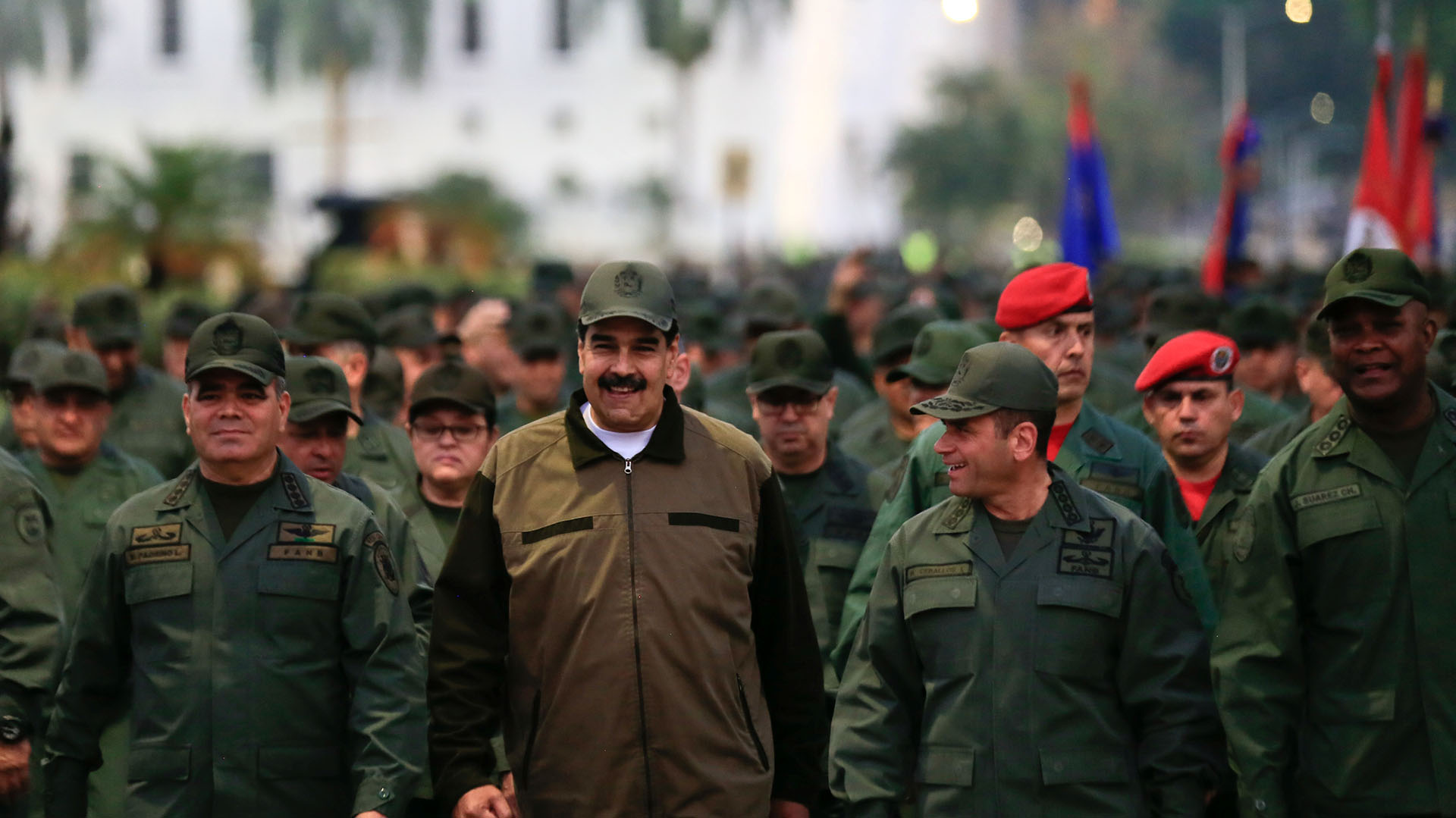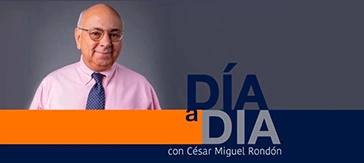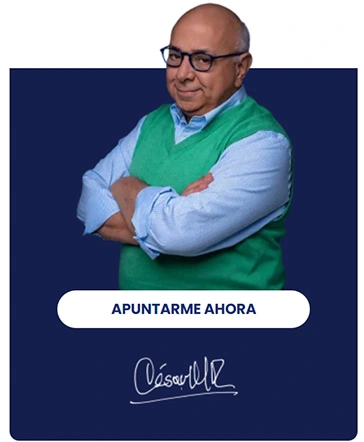Por: The Washington Post
In Venezuela, orders to silence dissent como from the very top
Venezuela’s sorrows under the rule of President Nicolás Maduro and his mentor Hugo Chávez are evident for all to see years of severe economic decline, sundering of democracy and an epic exodus out of the country. Now come details of how Mr. Maduro personally has directed the brutal security services to silence dissent.
An international fact-finding mission created by the U.N. Human Rights Council has just issued a third report, after earlier findings in 2020 and 2021. Taken together, they conclude the regime committed crimes against humanity in a «widespread and systematic attack directed against a civilian population,» with the result that «political dissent has been largely crushed.» Mr. Maduro had help, too, from Cuba’s dictatorship.
The reports, based on 471 interviews, provide a hair-raising picture of the Maduro pólice state, including the following list of ghastly punishments: «heavy beatings with bats and sharp objects; electric shocks to sensitive parts of the body; asphyxiation with toxic substances and water; cuts and mutilations including in the bottom of their feet and under their nails… rape with objects; beating and electric shocks to the genitals; constant lighting or constant darkness; extreme heat or extreme cold; forceful feeding of faeces and vomit; and death threats and threats of rape to victims and their family members.»
The 2020 report found that law enforcement and intelligence services were key to the systemic repression. In 2021, the panel implicated prosecutors and judges. The new report points to the Directorate General of Military Counter-Intelligence (DGCIM), and the Bolivarian National Intelligence Service (SEBIN). The «crimes and violations» committed by these agencies, the panel concludes, «were of particular cruelty» against defenseless detainees. No one in these agencies has been investigated for the crimes, the report says, and «the harm [victims] suffered remains unaddressed.»
Who is responsible? At the top sits Mr. Maduro, who «gives direct orders» to the head of the DGCIM, always in person or by phone, never in writing; orders to SEBIN «came directly from President Maduro himself,» the report says. In some cases, a high-level oficial said, when a target was under surveillance by the SEBIN, «President Maduro wanted to know what the person was doing 24 hours a day, so the Director General would send him information every two hours.» Mr. Maduro and top officials «stand out as the main architects in the design, implementation and maintenance of a machinery at the service of dissidence repression,» the report says.
The report comes at a delicate time for U.S policy, which has sought to isolate the Maduro regime and still recognizes democratically elected Juan Guaidó as interim president, although Mr. Maduro appears to be strengthening his hold. Leftist governments coming to power in Latin America seem ready to reestablish ties with Venezuela. U.S. officials have met directly with the Venezuelan government twice this year to discuss releasing U.S. citizens wrongly detained. Meanwhile, the stream of Venezuelan refugees are a heavy burden for the Western Hemisphere and the United States. In all this, Mr. Maduro’s crimes must not be overlooked.














